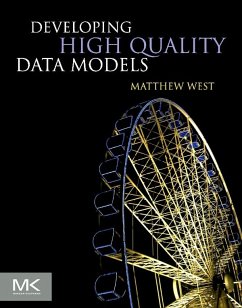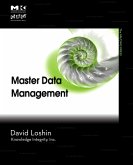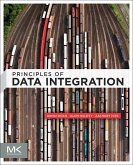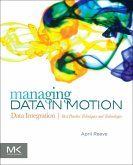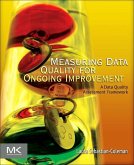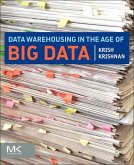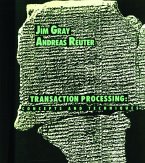The book is organized into four parts. Part 1 provides an overview of data models and data modeling including the basics of data model notation; types and uses of data models; and the place of data models in enterprise architecture. Part 2 introduces some general principles for data models, including principles for developing ontologically based data models; and applications of the principles for attributes, relationship types, and entity types. Part 3 presents an ontological framework for developing consistent data models. Part 4 provides the full data model that has been in development throughout the book. The model was created using Jotne EPM Technologys EDMVisualExpress data modeling tool.
This book was designed for all types of modelers: from those who understand data modeling basics but are just starting to learn about data modeling in practice, through to experienced data modelers seeking to expand their knowledge and skills and solve some of the more challenging problems of data modeling.
- Uses a number of common data model patterns to explain how to develop data models over a wide scope in a way that is consistent and of high quality
- Offers generic data model templates that are reusable in many applications and are fundamental for developing more specific templates
- Develops ideas for creating consistent approaches to high quality data models
Dieser Download kann aus rechtlichen Gründen nur mit Rechnungsadresse in A, B, BG, CY, CZ, D, DK, EW, E, FIN, F, GR, HR, H, IRL, I, LT, L, LR, M, NL, PL, P, R, S, SLO, SK ausgeliefert werden.
Hinweis: Dieser Artikel kann nur an eine deutsche Lieferadresse ausgeliefert werden.
"Overall, the book is a helpful guide for those who wish to go deep into the art of developing high quality data models. Readers will appreciate: how West connects data models with EA and business processes; the ontological approach, which offers a framework for formal, generic, and consistent models; the efficient use of diagrams for explaining the notions; and the philosophical concepts discussed throughout the text. The book is highly technical. Although it does not directly address people from academia, it will be very useful for related courses, especially those that deal with IT and business processes. Finally, the book highlights the importance of quality in data modeling for decision making." --Computing reviews.com

